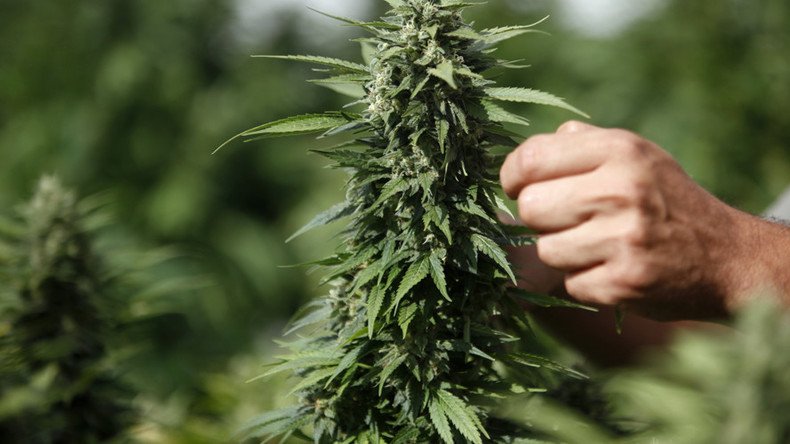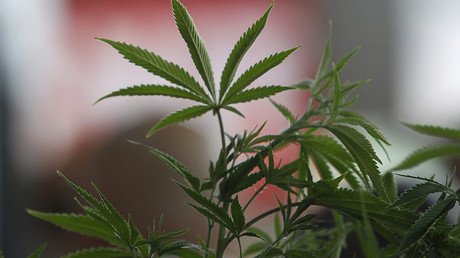Smart kids more likely to smoke weed & drink alcohol as teens — study

Children who do well in school are more likely to smoke weed and drink alcohol as teens and adults, but less likely to smoke cigarettes, according to a new study.
The study, carried out on more than 6,000 young people in England over a 7-year period by University College London researchers James Williams and Gareth Hagger-Johnson, has been published in the British Medical Journal.
Its aim was to determine the link between childhood academic ability and the use of cannabis, alcohol, and tobacco in English teenagers.
Academic ability was defined in the study by results of a nationwide test taken by 11-year-olds which assessed their prowess in English, maths, and science. The research found that higher achieving children are more likely to smoke weed in their late teens than their peers.
READ MORE: One in three European teens finds it ‘easy’ to score pot – survey
The researchers also found these patterns persist into adulthood, refuting the notion that experimentation with drugs or alcohol in teen years is a ‘phase’.
“Our finding that adolescents with high academic ability are less likely to smoke but more likely to drink alcohol regularly and use cannabis is broadly consistent with evidence base on adults,” read a statement from the researchers.
Smarter students being more open to experience is one of the possible explanations suggested by William and Hagger-Johnson for their findings, along with a more affluent lifestyle affording some students the opportunity to access drugs and alcohol.













